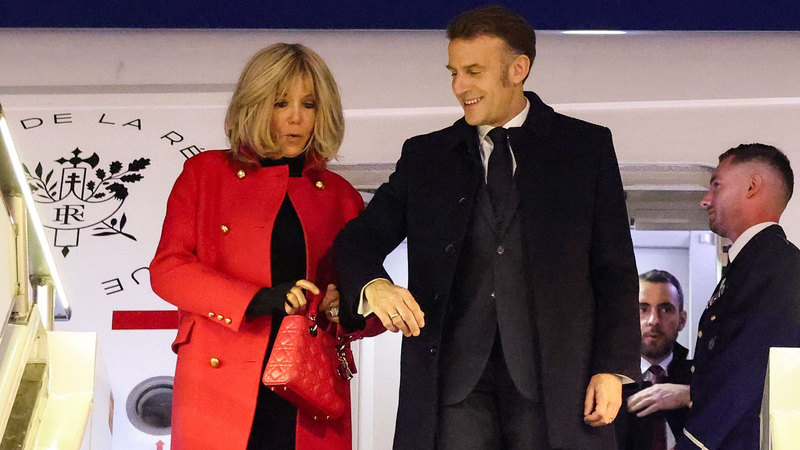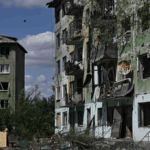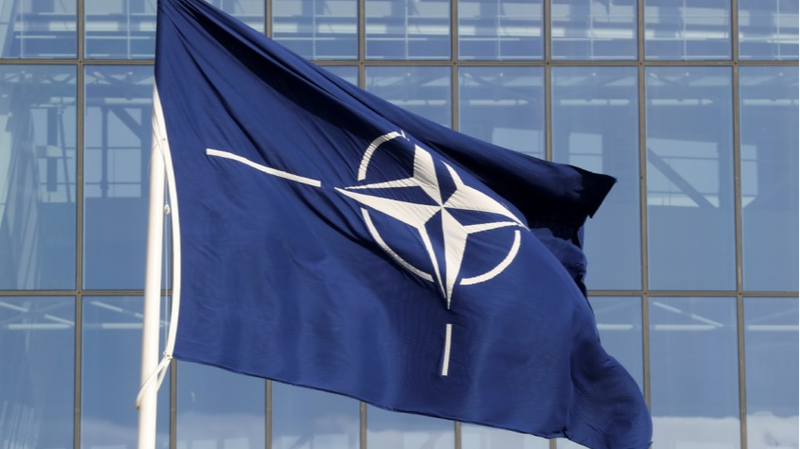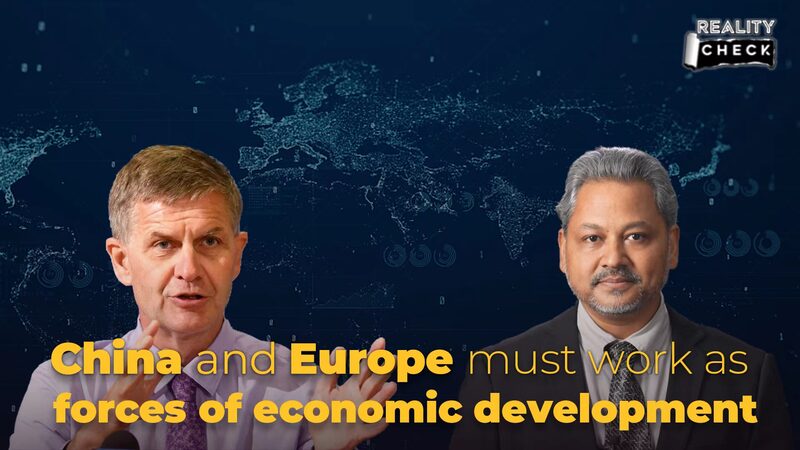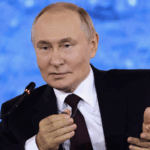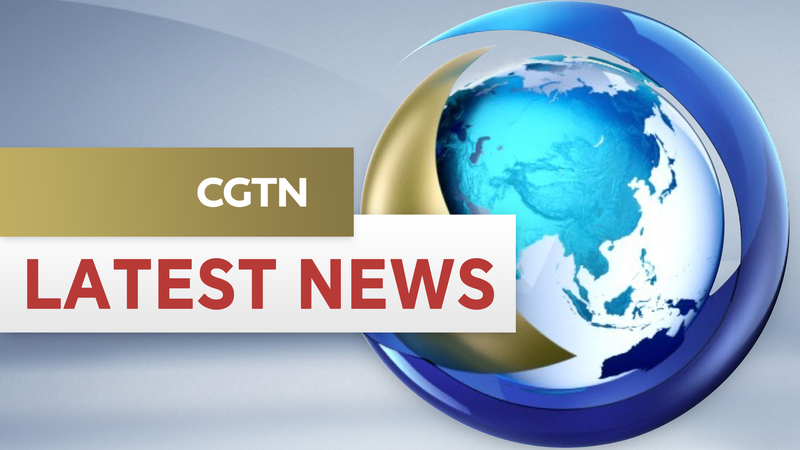European leaders are gathering in Granada, Spain, today for the third European Political Community (EPC) Summit—a high-stakes meeting aimed at reshaping the continent’s future. With 47 countries and regions participating, including the EU, UK, Ukraine, and Türkiye, the event is sparking questions: Can this pan-European platform bridge divides and tackle rising geopolitical tensions? 🤔
Launched in 2022 by French President Emmanuel Macron, the EPC seeks to foster unity through dialogue, helping non-EU countries align with EU values while addressing shared challenges like security and economic stability. Analysts say it’s a clever workaround for nations like Ukraine and Moldova, which aspire to EU membership but face delays. 🚀 “The EPC offers a political vision beyond immediate EU commitments,” says Dong Yifan, a researcher at the China Institutes of Contemporary International Relations.
- 🌐 Identity Crisis: Non-EU participants hope to earn Brussels’ trust, while the EU aims to spread its soft power.
- 🤝 Expanding Influence: Membership has grown from 44 to 47 since 2022, with summits now held twice yearly.
- ⚡️ Global Context: The EPC’s success hinges on balancing unity with Europe’s fragmented geopolitical realities.
But critics wonder: Can the EPC deliver more than talk? With rotating leadership and no binding policies, its impact remains symbolic—for now. As Macron’s brainchild gains momentum, young Europeans are watching closely. 💬✨
Reference(s):
Can the European Political Community inject new impetus into Europe?
cgtn.com
